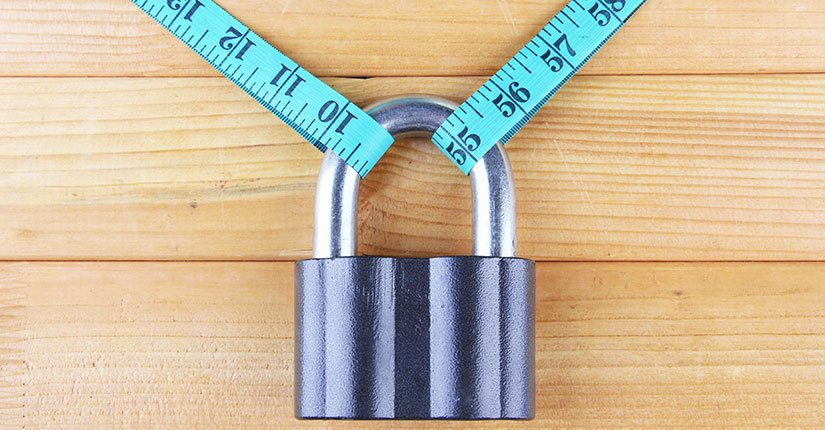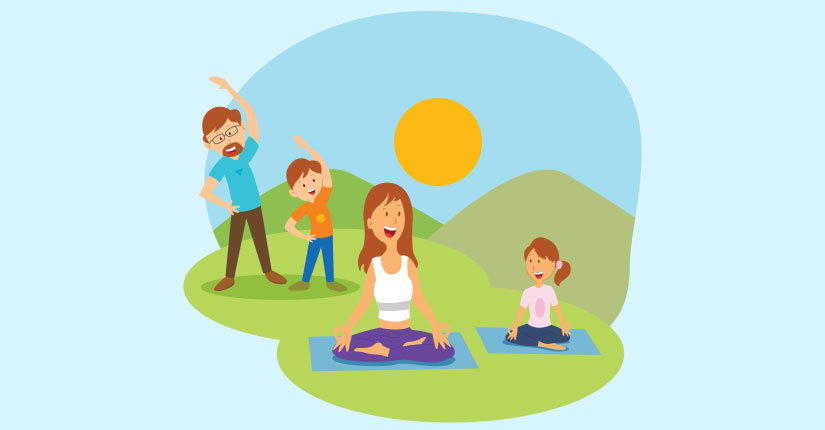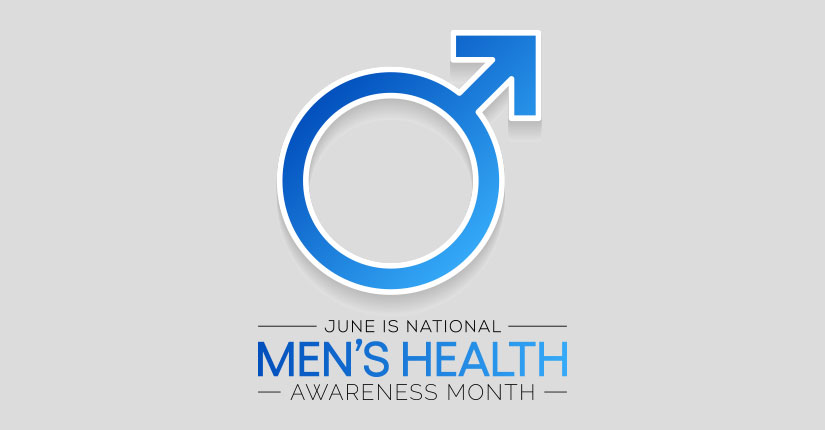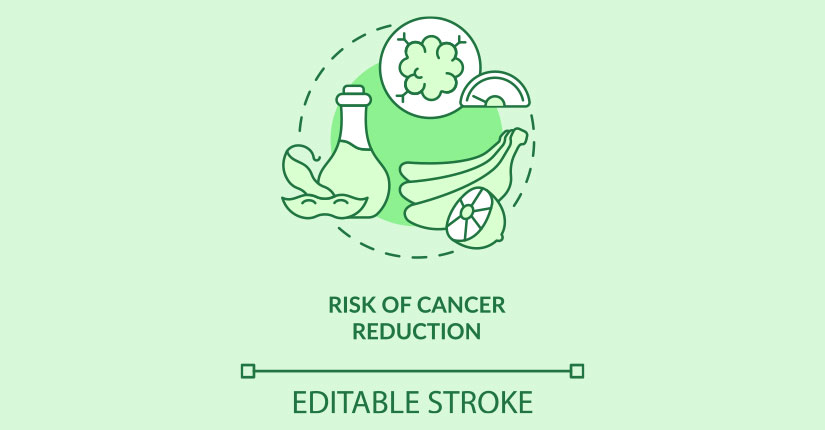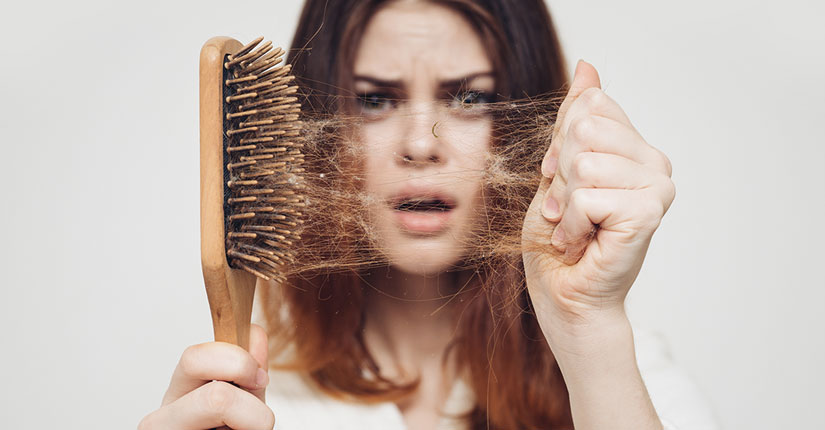Insomnia Not Letting You Sleep During Lockdown? These Tricks Could Help You
By Nmami Life Editorial 22-Apr 2020 Reading Time: 6 Mins

Worried, confused, anxious could be how some of you might be feeling. With no fixed time to eat and being hooked on to Netflixing and chilling, sleeping patterns could have changed for many people during the lockdown. But guess what, we have a few reasons and tricks to get your sleep back, in case you want to get back in the routine. Tossing and turning around can affect mental and emotional health too. Insomnia is having trouble in falling asleep or staying asleep. This condition is a sleep disorder and very normal for someone to develop these days as you might be sleeping late because there are no alarms or no buses/trains to catch.
For all those who have been missing out their sleep, you need to read this:
- Set your routine
Sleep is regulated by the circadian rhythm, our internal body clock. Many of us have terrible routines at present waking up late, working from the moment we wake up and look at our phones, staying up late to finish the work we didn’t have time to do in the day because we were looking after our children or busy with household chores.
Here’s a tip: Follow a simple routine and go to bed at the same time each night, wake up at the same time in the morning and have your meals at the same time. It sounds simple and can be helpful in resetting your body clock and ensuring better sleep.
- Avoid too much caffeine or smoking
Drink caffeine in moderation and avoid caffeine after lunch. Just because you’re in lockdown doesn’t mean you should have a glass of wine at 3 pm or even 3 am.
It’s natural to have too much caffeine and alcohol, or smoking when faced with stress. Caffeine is the most widely consumed stimulant around the globe and mainly works via adenosine receptors in the brain. This increases the release of some brain chemicals and keeps the brain alert. Caffeine increases focus and reduces the perception of being tired.
By blocking adenosine receptors, it prevents the relaxing responses produced by adenosine and interferes with your ability to wind down and sleep.
A final cup of coffee no later than 5 pm is good enough.
- Say no to heavy meals before bed
Those weekend grand feasts could be taken a little early, at least two to three hours before going to the bed. Make sure you don’t eat it right before bed as this can really disrupt the body’s sleep cycle.
To avoid indigestion, acid reflux and sleeplessness, just keep your stomach empty before going to bed or have a small cup of warm milk, in case you feel hungry. Binge eating snacks could also be a reason for not being able to have a sound sleep.
- Ditch your gadgets before an hour of sleep
Many of us stay glued to our phones almost the majority of the time- whether to keep up to date with the latest coronavirus news or to stay in touch with our friends and family during the lockdown. However, gadgets that emit blue light have been shown to disrupt melatonin levels – the hormone that regulates our sleep/wake cycle, hence disturbing our sleep. Turning off all electronic devices 90 minutes before going to bed is a good way of staying away from gadgets. This is not just to get a good night’s sleep but will help you fight anxiety.
Over to you
It is not surprising that you might be struggling with sleeping on time but sleep plays a role in producing cytokine, a protein required for our immune systems to quickly respond to our cells to ensure our body’s timely response to harmful invaders like viruses and bacteria. Thus, it has now become more important than ever to strengthen our immunity and one of the simplest ways to do this is to get a good night’s sleep.


